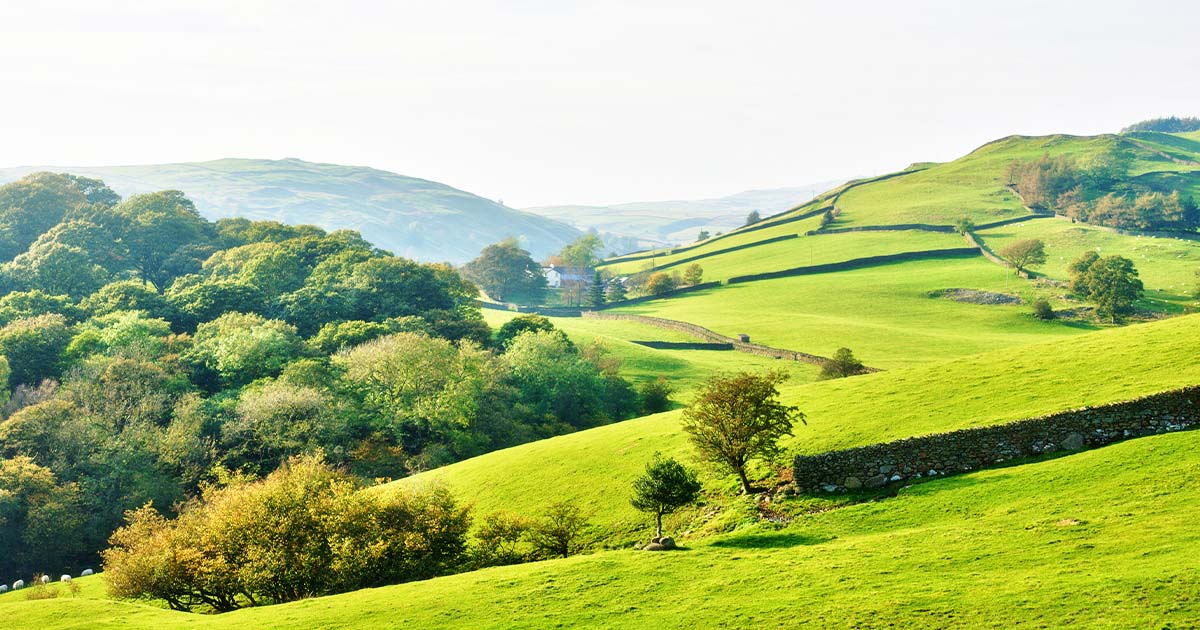Natural capital
At Forsters, we are passionate about the opportunities that natural capital promises for the rural economy, the environment and for the wealth of social and economic benefits that will come with it. We know that the current structures for natural capital opportunities are bespoke and require careful structuring to implement long-term change and to mitigate the risks involved. In addition, our team has gained unique and balanced insights into the foundations of agreements for financing natural capital.
With such drastic change to the use and management of land comes opportunity but also risk. The Rural Land and Business Team works closely with colleagues across the firm, drawing on experts in planning, private wealth and tax planning, litigation, and corporate structuring to deliver the highest quality advice to landowners and land managers to be part of these new markets.
The team’s expertise in this area is reflected in their recent public appearances for the Agricultural Law Association speaking on the future role of Conservation Covenants, and for the Hong Kong Association speaking on the natural capital investment opportunities. Rural Land and Business Partner, Polly Montoneri, has been a figurehead for natural capital in recent years: she is the chairman of the Natural Capital and Forestry Committee for the Country Land and Business Association and works closely with the CLA at government policy level.





